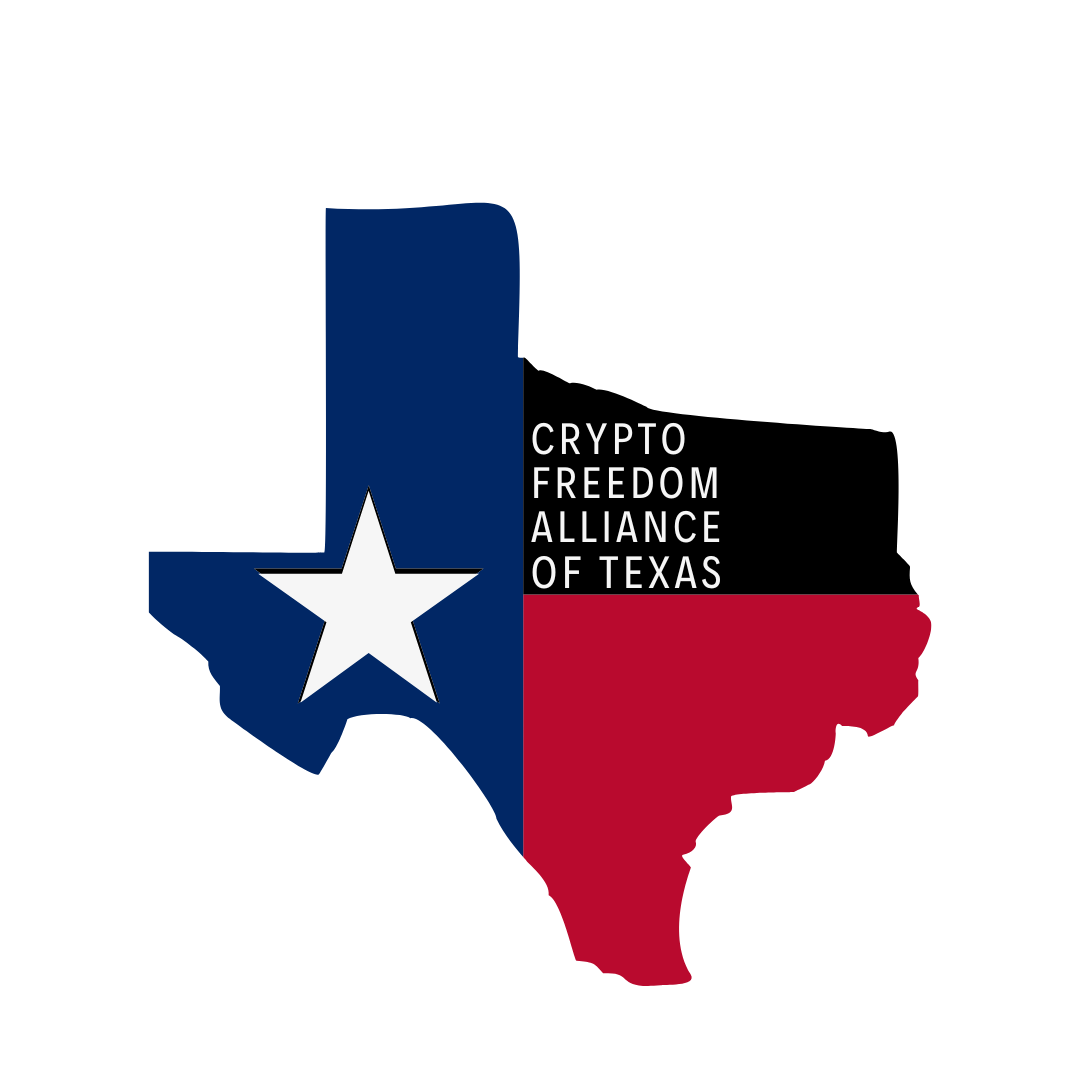Protecting Digital Asset Innovation in the Courts
In February, the Crypto Freedom Alliance of Texas (“CFAT”) and digital asset exchange LEJILEX took a bold but necessary stand against the Securities and Exchange Commission (“SEC”). Filing a pre-enforcement court challenge was not our first choice. But we felt the courts were the best line of defense against the SEC’s unlawful use of enforcement actions against the digital asset industry.
Like so many across the digital asset ecosystem, CFAT shares an unwavering determination to protect digital asset entrepreneurs, users, and creators. We cannot sit idly by as the SEC continues to skirt its jurisdictional authority and maliciously target the industry that will transform the future of American finance.
Moving into the second quarter of 2024, CFAT again stood up for the digital asset industry. This time, CFAT teamed up with the Blockchain Association to launch a second federal lawsuit. The challenges laid out in our April lawsuit center on the SEC’s misguided expansion of its interpretation of the term “dealer,” which was defined in the Securities Exchange Act of 1934. Historically, it has only been applied to certain financial firms that offer specific services to customers and markets. Now, through a recent rulemaking, the SEC has attempted to broaden the scope of the term to cover a wide range of standard digital asset activity, including software development, automated protocols, and provision of liquidity. Due to the uncertainty of the SEC’s expanded definition, many innovative and well-intentioned individuals face the excessive burden of SEC regulation as “dealers” (or enforcement for failing to register). Under the SEC’s new vision, certain activities providing liquidity through digital asset software can create grounds for enforcement, even if law-abiding market participants are using automated, open-source, and unhackable protocols for their transactions.
This drastic departure from established standards known for nearly 100 years poses great risks to our markets, including consolidation due to increased regulatory burdens and disincentivized liquidity provision in digital asset markets, potentially leading to increased volatility and risk. This threatens to destroy American innovation and cause irreparable damage to the tens of millions of Americans and businesses that participate in digital asset trading.
As a leading advocate for the digital asset industry in the great state of Texas, we consider the SEC’s continuous action against us to be an attack on our core values. Texas is a steward of freedom and opportunity, which has produced an environment that fosters thriving technological advancement and economic growth.
Without question, Texas stands as a leader in innovation in the digital asset industry and is undoubtedly a nationwide leader in crypto. The state is consistently ranked as one of the top states – if not the top state – for digital assets because of its balanced, common-sense laws and regulations that follow best practices for the industry, protect consumers, and enable innovation. These factors have created a welcoming atmosphere for entrepreneurs to push the boundaries of what’s possible and democratize traditional financial institutions.
Despite all the progress, CFAT remains clear-eyed about the harms that would befall the Texan digital asset industry and wider state economy if the SEC and Chairman Gensler continue down the zealous enforcement path. Pursuing regulatory clarity and stopping the SEC’s overreach is paramount for the industry's continued growth, innovation, and the protection of entrepreneurs both big and small. CFAT is proud to represent the interests of our industry in Texas. We will continue to partner with like-minded parties to spearhead efforts that advocate for the Texan leadership in digital asset regulation.
